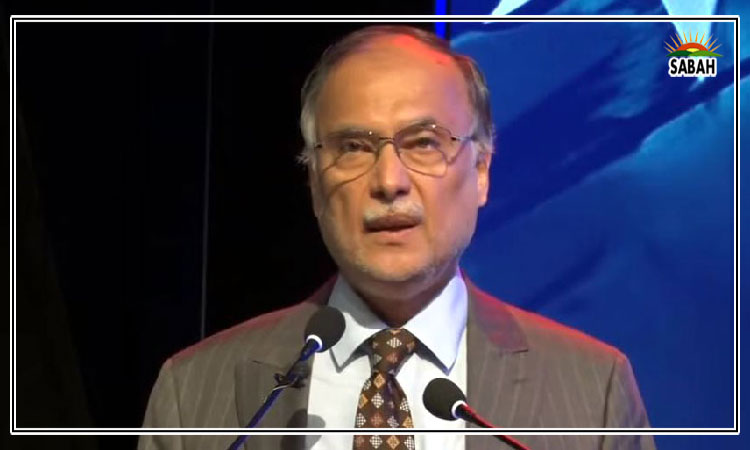CPEC and BRI: beyond economic opportunities…. Shazia Anwer Cheema
This year marks the 10th anniversary of CPEC and the visit to Pakistan of Chinese Vice Premier He Lifeng — who has been looking after the project as Chairman, National Development and Reform Commission — explains the importance of this flagship project of BRI.
Spanning thousands of kilometers in Africa and Central Asia, CPEC is a single component that links China via road to the Indian Ocean and the Arabian Sea. The strategic importance of CPEC relies on the all-weather friendship between China and Pakistan. It is important to understand that anti-China blocs are not bothered by the economic growth or prosperity related to CPEC. They are rather concerned about the connectivity and accessibility of China. The West has been extensively using the rhetorical frame of economy and economic dependability upon China of all the BRI-linked countries and deliberately bypassing their real reservation about China which of course is China’s regional accessibility. Without doubt, Western rhetoric is the most prevalent; and it is quite understandable if Pakistani think-tanks researching China and Chinese projects get caught in this web and unknowingly start mimicking what has been provided to them.
As a researcher of rhetoric and semiotics, I can see the amplification of the designed narrative, even by Pakistani think-tanks, reiterating that CPEC is an economic opportunity that will bring prosperity to the region and Pakistan. It is an undeniable fact, but putting CPEC into the shadow of the economy and linking Pakistan’s prosperity with it could be a risky thing to do. The better rhetorical option could be that China needs connectivity but believes in give and take; so in return it is investing across BRI and in CPEC. If China is just on a charity spree and building infrastructure just for the prosperity of all the BRI-related African and Central Asian countries and doesn’t need anything in return then it is more likely that we are singing the same Western tune about China and its economic power — which is contrary to the fact.
China is refurbishing the centuries-old trade routes. Never in the past has China tried to colonise its trade routes nor does it have any intention today of doing so, because China historically does not follow an expansionist approach. All the pathways, previously known as the Silk Road network, are just being revamped and the dangerous roads which can be less or least dangerous are being built because of the available modern technology. Trade from China to Pakistan, Central Asia, and Africa to Europe is not a new idea. It is being done for centuries which nullifies the Western claim of China pouring money into the BRI-linked countries just to control them. On the contrary, China is reusing the age-old sea and road network for its accessibility. It is beyond common sense that China wants just Pakistan’s prosperity, and that’s why it is investing in Pakistan. In fact, China wants free trade and connectivity which requires infrastructure plus incentives, and economic benefits related to that are the byproduct not the other way round. Sovereign countries operate on win-win cooperation; and CPEC is a mutual benefit and win-win cooperation, and the level of trust between two countries strengthens this bond even more.
Let’s come back to the Western rhetoric that China’s investment in underdeveloped countries is to either control them or manipulate them. Claiming that CPEC is a project that will bring prosperity to Pakistan is only valid if the other half of the truth is also added.
So taking the Western bait of making China the sole saviour of Pakistan is not advisable for me. Even China itself does not want that privilege which the West is so blatantly attaching to it just because it will facilitate their next-in-line narrative. Pakistani think tanks, while refereeing to CPEC, must keep in mind that they are framing a narrative that is going to be difficult to justify in the future, when Pakistan as a key regional strategic player will have to make tough decisions.
Courtesy The Express Tribune, August 5th, 2023.












